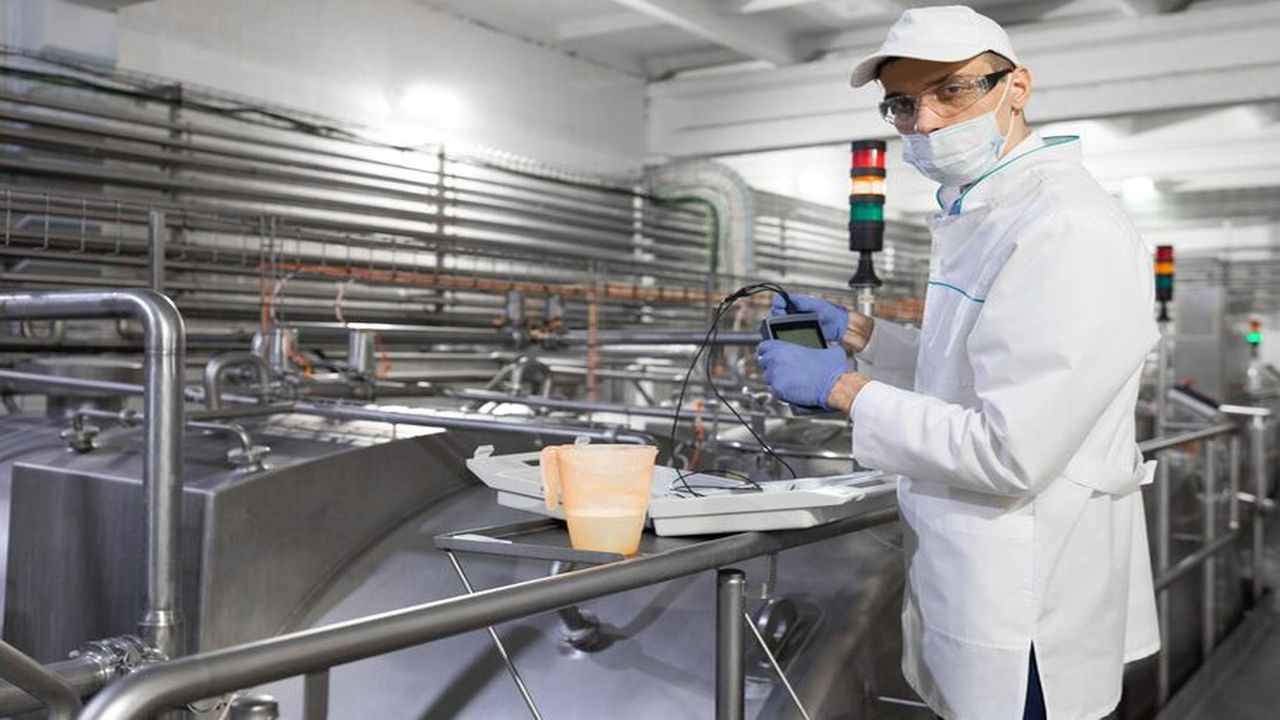 In a whirlwind year of mergers and acquisitions, major players in the food and beverage industry are making seismic shifts. From Ferrero to Mars, Kraft Heinz to Unilever, the landscape is rapidly evolving. As industry leaders like Nestlé navigate strategic changes, the focus is shifting towards regional resilience and innovation. With private equity driving transformation and AI reshaping deal-making, 2026 promises even more upheaval. As sectors brace for heightened M&A activity, the future of Big Food hangs in the balance, poised for a year that could redefine global food leadership.
In a whirlwind year of mergers and acquisitions, major players in the food and beverage industry are making seismic shifts. From Ferrero to Mars, Kraft Heinz to Unilever, the landscape is rapidly evolving. As industry leaders like Nestlé navigate strategic changes, the focus is shifting towards regional resilience and innovation. With private equity driving transformation and AI reshaping deal-making, 2026 promises even more upheaval. As sectors brace for heightened M&A activity, the future of Big Food hangs in the balance, poised for a year that could redefine global food leadership.
Regional Resilience and Innovation
The food and beverage industry is witnessing a significant shift towards regional resilience and innovation as key drivers of M&A activity. Companies like Nestlé and General Mills are strategically aligning their acquisitions with favorable trade environments and regional growth opportunities. This strategic focus on regional consciousness is reshaping the traditional approach to mergers and acquisitions, emphasizing the importance of resilient supply chain regions and regulatory environments. By adapting to these regional dynamics, companies are not only enhancing their market presence but also mitigating risks associated with global disruptions.
Furthermore, the emphasis on innovation is driving industry leaders to explore new avenues for growth and sustainability. For instance, Mars has confirmed plans to acquire snack brand Kellanova, showcasing its commitment to diversifying its portfolio and meeting evolving consumer demands. This trend towards innovation-driven acquisitions is propelling companies towards a more agile and adaptable business model, enabling them to respond swiftly to changing market dynamics and consumer preferences.
Private Equity as a Catalyst for Transformation
Private equity has emerged as a significant catalyst for transformation within the food and beverage sector, prompting legacy players to evolve and adapt to the evolving market landscape. Companies like Kraft Heinz and Danone are increasingly open to taking minority stakes in emerging brands, fostering a culture of partnership and innovation. This shift towards minority investments not only enables established companies to tap into the growth potential of innovative startups but also fosters a culture of collaboration and knowledge exchange within the industry.
Moreover, private equity firms are driving value creation and innovation, pushing traditional consumer packaged goods (CPG) companies to embrace a more agile and partnership-focused approach. By investing in emerging brands and fostering a venture-capital mindset, companies are accelerating their growth trajectory and diversifying their product offerings. This collaborative approach between private equity and established players is reshaping the industry landscape, paving the way for a more dynamic and innovative ecosystem.
AI Revolutionizing Deal-Making
The integration of artificial intelligence (AI) is revolutionizing deal-making within the food and beverage industry, enabling companies to streamline their M&A processes and identify strategic opportunities more efficiently. Companies like General Mills and Kraft Heinz are leveraging AI-powered technologies to enhance their deal-making capabilities and identify the right acquisition targets that align with their strategic objectives. By harnessing the power of AI, companies can gain valuable insights into market trends, consumer preferences, and competitive landscapes, enabling them to make informed decisions and drive sustainable growth.
Furthermore, AI is accelerating the speed at which new companies can enter the market, fostering a culture of innovation and competition within the industry. As AI continues to evolve and permeate various aspects of the food and beverage sector, companies are poised to leverage this technology to drive operational efficiencies, enhance customer experiences, and unlock new growth opportunities. The increasing adoption of AI signifies a paradigm shift in how companies approach M&A activities, emphasizing the importance of data-driven decision-making and strategic foresight in an increasingly competitive market landscape.
E-Commerce Disruption and Market Entry
The rise of e-commerce is disrupting the traditional barriers to entry within the food and beverage industry, enabling early-stage companies to enter the market with greater ease and efficiency. Companies like Danone and Nestlé are exploring new avenues for market entry and expansion, leveraging e-commerce platforms to reach a wider consumer base and drive sales growth. This shift towards online retail channels is reshaping consumer behavior and preferences, driving companies to innovate and adapt to the evolving digital landscape.
Moreover, e-commerce has facilitated greater competition within certain segments of the food and beverage sector, leading to an increase in purchase and sale transactions. However, this surge in market activity has also resulted in a rise in business failures, particularly among middle-market players. As companies navigate the complexities of e-commerce and digital transformation, the need for agility, innovation, and strategic partnerships has become paramount in ensuring long-term success and sustainability in an increasingly competitive marketplace.
Conclusion
As the food and beverage industry undergoes a transformative period marked by regional resilience, private equity influence, AI integration, and e-commerce disruption, Danone, Nestlé, Mars, General Mills, and Kraft Heinz are at the forefront of innovation and strategic evolution. Embracing a future defined by agility, collaboration, and data-driven decision-making, these industry giants are navigating the shifting landscape with a keen focus on sustainability, growth, and consumer-centricity. The convergence of these trends underscores the imperative for companies to adapt, innovate, and forge strategic partnerships to thrive in an era of unprecedented change. In a world where adaptability is key, the success of Big Food hinges on its ability to embrace disruption, drive innovation, and champion sustainability across global supply chains.